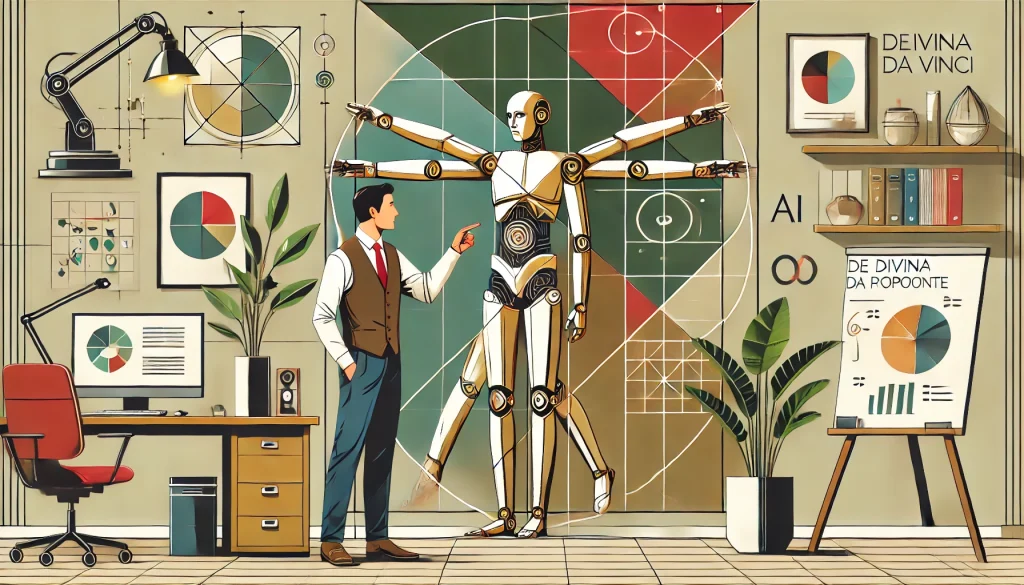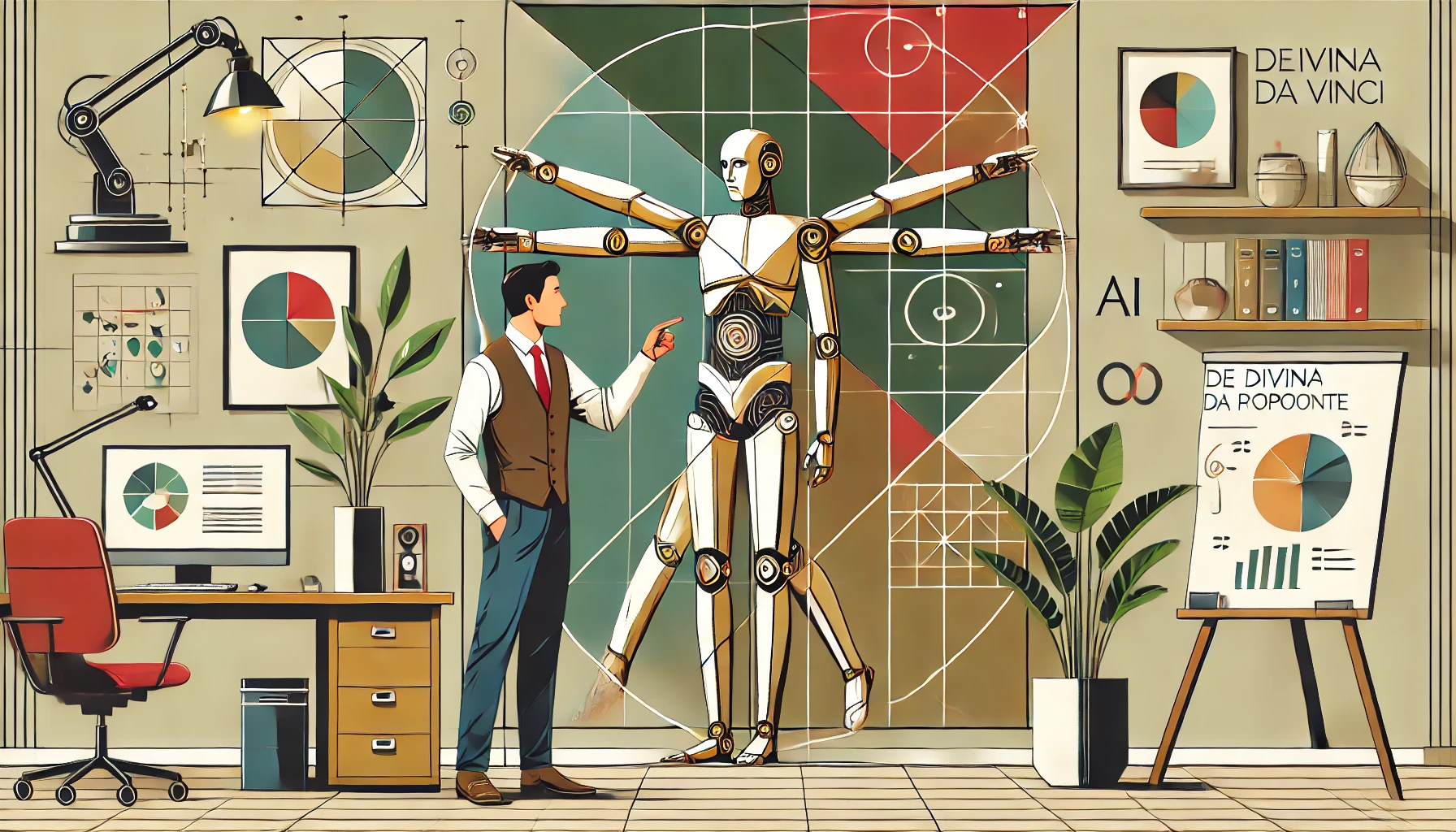At a digital marketing agency, specializing in SEO, consultants were working on a new strategy to position a key client in the first results of Google. They were asked to imagine being the chief innovation officer of a large tech company facing a crisis: the leak of a company secret. The consultants' responses varied, but there was a common pattern among those who used ChatGPT to get help without questioning its results or giving it the context needed for "the machine" to work well.
Carlos, a talented but sometimes a bit rushed junior consultant, decided to ask ChatGPT what it would do in that situation. ChatGPT gave him a quick answer: increase transparency and improve defenses against leaks. Carlos presented that answer as is, thinking it would be fine. But when the agency's director reviewed his strategy, it became clear that there was a problem. ChatGPT's answer, while seemingly correct, was contradictory. You can't be completely transparent and at the same time increase security to the point of avoiding leaks.
The director took this opportunity to teach Carlos a crucial lesson. He explained that the real value of ChatGPT is not in copying and pasting answers, but in using the tool to deepen the analysis and make informed decisions iteratively, asking, listening, correcting or re-questioning the AI and starting over. Consultants must learn to condition questions and not to accept the first answer without question. ChatGPT should therefore be a starting point for developing their critical and strategic thinking.
One Recent Study showed that the use of ChatGPT can increase work speed by 25.1% and improve quality by 40%, and this is also extensible to the corporate sphere. However, this is only achieved when the tool is used correctly, with human intervention both at the beginning and end of the process.
At the agency, they are not isolated from what is happening in the world with the irruption of artificial intelligence. In fact, they are often one step ahead. Here, they have the opportunity to experiment and make mistakes with less risk than in the market. That is why it is essential that they take advantage of tools such as ChatGPT in a strategic way.
Human intervention is essential, they cannot let the machine answer what it wants without giving it context and criteria. At the outset, leaders should design questions and tasks that encourage critical thinking. Then, in the final phase, they must review and correct the answers generated by ChatGPT. Not only does this process improve the quality of work, but it also teaches consultants to think more deeply and strategically.
One I am a student The Pew Research Center found that about a quarter of high school students have used ChatGPT to help with their schoolwork. This shows the rapid adoption of technology in education, but it also poses challenges. For example, 25% of teachers have surprised students by using ChatGPT to cheat on assignments and exams.
The profile of the "lazy junior consultant" who simply copies ChatGPT's first answer is challenging. ChatGPT isn't designed to make professionals lazier; it is there to make them learn faster and more efficiently. But this only happens when users use the tool correctly, questioning and analyzing the answers. Leaders are also in a learning process, adapting to these new tools to better guide their teams.
Integrating AI tools into business strategy not only streamlines processes, but also prepares consultants for an increasingly digital work environment. Using artificial intelligence to learn faster and be more productive is today one of the main values of their professional development.
We want to be at the forefront of this technological revolution. This forces us to train people with more judgment, critical judgment and even more attention to detail than before. In addition, it is essential to instill in professionals a constant desire to learn each new technology that appears, as this will make them better consultants. Only through an approach that combines technological innovation with strategic rigor and continuous curiosity, can we prepare our consultants for the challenges of the future.

